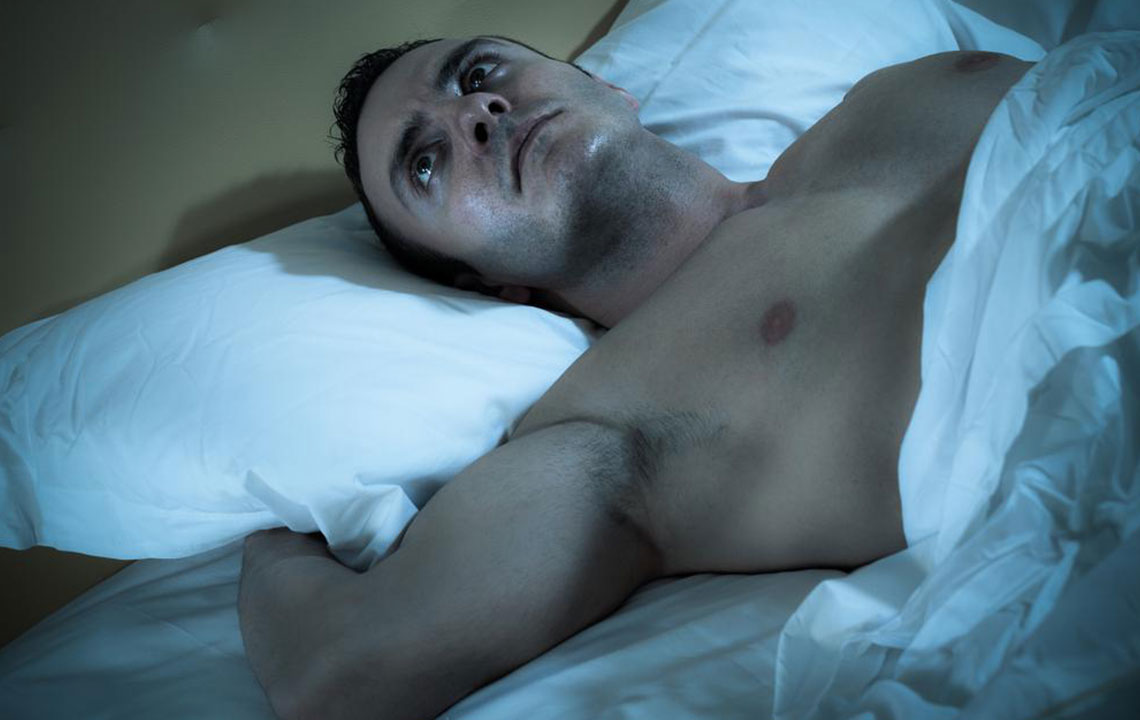Understanding Night Sweats: Causes and Remedies
Night sweats, affecting about 3% of people, can indicate serious underlying health issues such as hormonal imbalance, infections, obesity, GERD, sleep apnea, or cancer. Treatment focuses on addressing the root cause, with lifestyle changes like cooler sleeping conditions and avoiding triggers like alcohol or spicy foods helping manage symptoms effectively.
Sponsored

Night sweats, also known as sleep hyperhidrosis, lead to soaked bedding and nightwear despite a comfortable sleeping environment. Affecting around 3% of individuals, this condition may signal underlying health issues that require attention.
Common causes of night sweating include:
Various factors can trigger night sweats, primarily:
Hormonal fluctuations: Imbalances caused by menopause, thyroid problems, diabetes, puberty, or pregnancy can lead to excessive sweating at night.
Infections: Tuberculosis is a prominent infection linked to night sweats, along with influenza, HIV, and other febrile illnesses.
Obesity: Excess weight can contribute to night sweating episodes.
Gastroesophageal Reflux Disease (GERD): Night sweating is a common symptom alongside heartburn in GERD patients.
Sleep disorders: Conditions like obstructive sleep apnea cause breathing difficulties that can trigger sweating during sleep.
Cancer: Early signs of certain cancers, such as leukemia or lymphoma, may include night sweats.
Medication side effects: Drugs used for diabetes, depression, hormonal therapy, and steroids, such as Bupropion, Albuterol, Glipizide, Ciprofloxacin, Trazodone, Esomeprazole, Atorvastatin, and Amlodipine, can induce night sweats.
Effective management depends on diagnosing the root cause. Treatments may involve correcting hormonal imbalances, adjusting medications, or addressing underlying diseases. When no specific cause is identified, lifestyle modifications can help control symptoms, including:
Avoiding heavy blankets
Maintaining a cool sleeping environment
Limiting alcohol and spicy foods before bedtime






